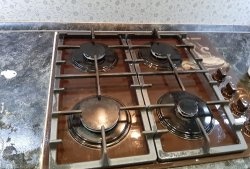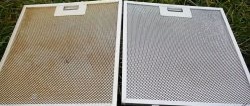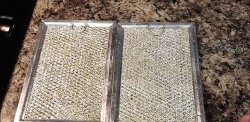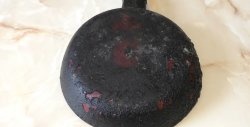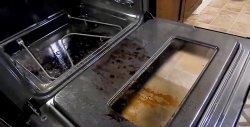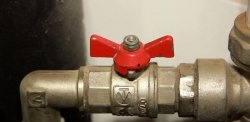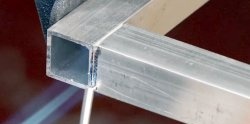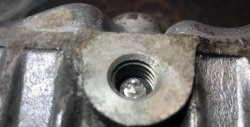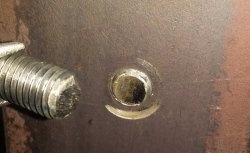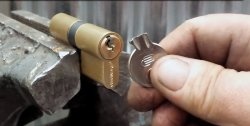How to clean gas stove grates without extra effort
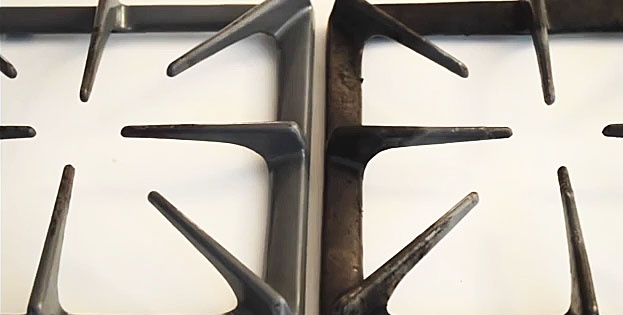
Anyone who has washed a gas stove knows perfectly well how difficult it is to wash off dried grease and carbon deposits. And if you haven’t washed the hob for more than a month, then this is generally a huge and labor-intensive process. The most difficult thing to clean is the stove grates, since they always heat up and any food that gets on them immediately burns and seems to be eaten into the surface. Over time, they become very black and lose their attractive appearance.
I'll show you a very simple way to easily clean your grilles and make them look almost new. However, of course, the method is not very fast, due to the fact that there will be a soaking process, but it certainly will not require extra effort from you. The result, believe my experience, is definitely worth it.
Will need
- Plastic bags with a ZIP lock (or any other will do).
- Ammonia (ammonia) - sold at the pharmacy.
- Water.
Cleaning stove grates in a simple way
We remove the grates from the stove and temporarily stack them on top of each other. It would be a good idea to shake off large crumbs from them.
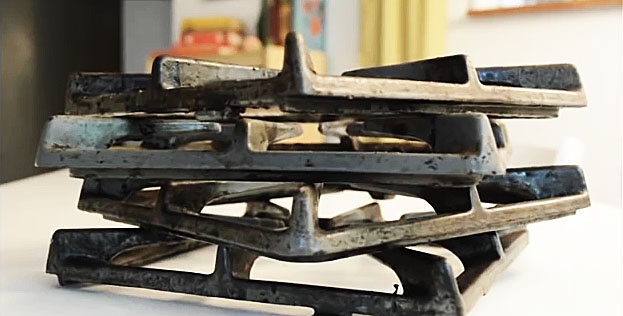
We place each lattice in its own bag.
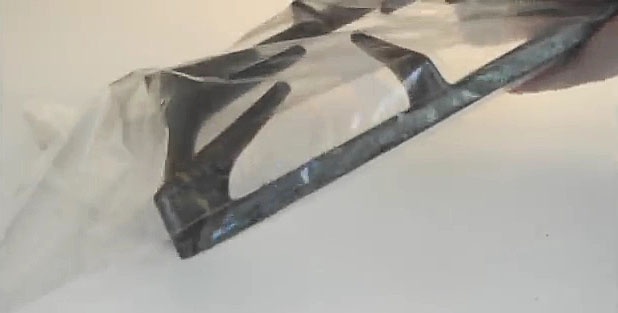
Now let's prepare a solution of ammonia.Take 0.5 liters of water and add 1 tablespoon of ammonia to it. Be careful and use gloves. Mix everything.
Now pour approximately 50-100 ml of the solution into each bag. Close the zip latch.
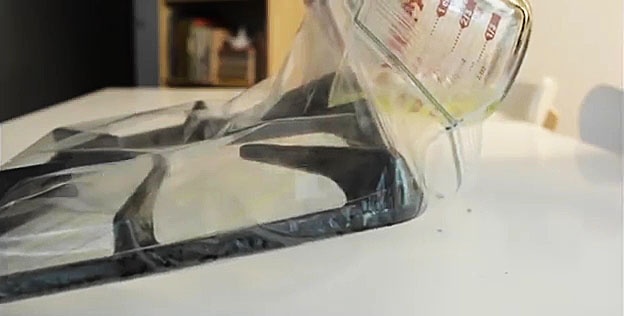
Leave for 8 hours.
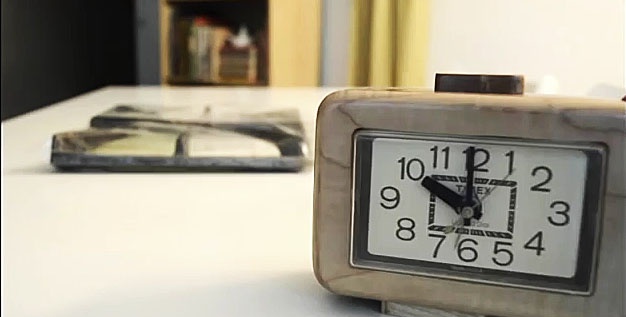
After time has passed, we open the bags, take out the grates and use a detergent to wash them with a rough sponge under warm water.
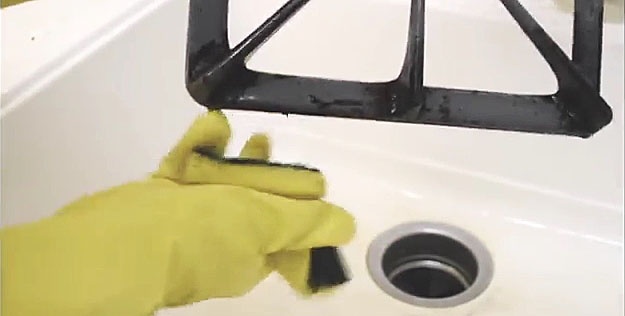
Even one-year-old carbon deposits can be washed off once or twice. The fact is that in a closed bag an increased concentration of ammonia vapor is formed in the air. These vapors penetrate perfectly into carbon deposits, even the most dried ones, and soak them well.

8 hours is certainly a long time, so if you are going somewhere for a long time, then soak the grates in this way. Personally, I do this before work and when I return, I rinse them. You can also soak it overnight.
Recommendations
- If you don't have ammonia, you can use alcohol or a detergent containing it. The result will certainly be, but not quite the same as when using ammonia. You can also recommend using pure vinegar or a solution of acetic acid, which is also a worthy option.
- All the grates can be soaked in one larger bag, although I noticed that the result is better when they are all lying separately.
- This wonderful method is also very good for cleaning gas burners, so the method is quite universal.

